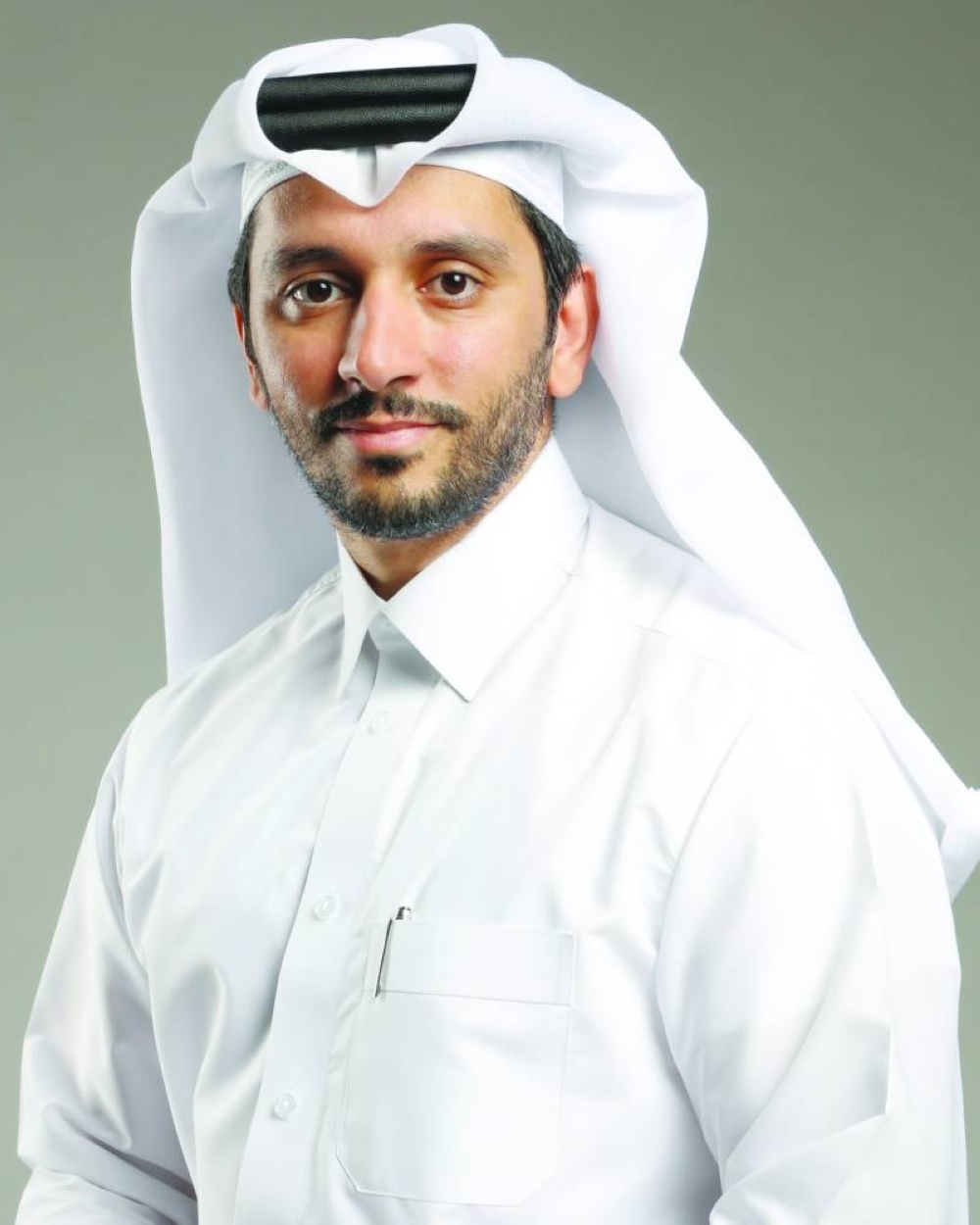No one can be in any doubt that the rapid development of artificial intelligence (AI) is having a major impact on economies and societies.
There will be huge economic gains for the countries that are the primary providers of AI technology, as well as for companies and individuals who are smart users of AI applications. China and the US are the obvious powerhouses as regards creators of AI solutions, but this does not mean that smaller economies cannot create specialist, even world-leading AI tech hubs.
In the Middle East, the leader would appear to be the United Arab Emirates, which has displayed ambitions to be a leader in AI, fintech, and crypto regulation. The company G42 was set up in 2018, with investment funding from the Mubadala and ADQ, sovereign wealth funds of the UAE. It has since attracted investment from Microsoft. The main focus of G42 is developing specialist AI tech in sectors such as energy and health. For example, it has teamed with the Europe-based multinational pharmaceutical company AstraZeneca to develop innovative medicines.
Binance, a global cryptocurrency exchange, has received $2bn investment from MGX, an Emirati investment fund, for a minority stake. It did fall foul of the regulatory regime in the US, but is now under new leadership, and has hired over 1,000 compliance experts globally. In Qatar, there is not a direct competitor to G42 emerging, and little sign of a vibrant AI hub capable of producing a famed ‘unicorn’.
Is there a risk that Qatar may fall behind in the AI race? There are growing discussions around this, especially as the global landscape evolves rapidly. Qatar has built a solid foundation — with a strong digital infrastructure and a well-articulated AI strategy. However, as with many fast-moving sectors, the challenge lies in execution and adaptability. While the government plays a leading role in driving AI initiatives, greater cross-sector collaboration and agility could help accelerate progress. For instance, revisiting the strategy — initially set in 2019 — could allow Qatar to better align with emerging trends and technologies in this dynamic space.
Unlike the US, where governments often act as catalysts to enable private sector growth, Qatar’s approach has emphasised direct public sector involvement. Both models have their merits. One idea worth considering is whether a broader mandate for institutions like the Qatar Investment Authority could complement the current structure by encouraging long-term AI-related investments and innovation. Ultimately, it is not about which model is chosen, but about how effectively it is implemented.
Governments have a crucial role to play in the nurturing of a tech hub, but its strengths lie in setting the regulatory framework, ensuring visa policies are conducive to attracting talent, building infrastructure and providing or enabling investment. It is not best suited to being the innovator – this role lies with risk-taking venture capitalists and inventors.
Innovative enterprises have to be able to take risks and tolerate some failed enterprises, which is contrary to the ethos of the public sector with its focus on reliability and duty. When a promising enterprise does not return a profit, it may be the case that some features can inform the creation of another. There would probably be more enterprise failures in AI than in development of world-leading expertise in liquefied natural gas (LNG) by Qatar, but some of the same principles apply: Strategic partnerships, long-term strategy, and attracting talent from around the world.
The public sector does have a vital role in developing tech hubs. Neither the US nor China take a purely market-led approach to developing AI. The governments of both set the framework and infrastructure, working closely with universities. Inventions such as ChatGPT and DeepSeek were developed by technologists and entrepreneurs who have been given the opportunity and support.
On cryptocurrencies, for example, in Qatar their trading through the banking system is banned in Qatar. There are risks with crypto – as a sector it is prone to excessive speculative activity and fraud – but banning something is the easy option. A regulatory approach that enables responsible activity may be more economically advantageous.
The fact that Qatar’s ministries are engaged with the AI revolution is set to have a positive effect in enabling progress towards using the latest tech to deliver public services in a smarter way. The Qatari Government has teamed with the Californian company Scale AI to provide AI-powered tools and training. In March this year, the Qatari government established the Steering Committee for Smart Government and Digital Leadership. Regulation for AI is in line with US and EU standards, to facilitate cross-border trade in technologies.
For this to succeed, Qatar needs to address three key challenges head-on. First, it must focus on building genuine in-house AI talent within the government, rather than depending heavily on external consultants or vendors. Second, the issue of inter-governmental data sharing and governance (which many avoid discussing) needs serious attention. And third, Qatar should get ahead of how generative and agentic AI will reshape the structure and workflows of its public institutions.
The IMF, in its report on AI in Qatar published in March this year, praised the country’s readiness for adoption of advanced AI, but its focus was more on Qatar as a user, than as an innovator of the AI solutions themselves. On digital talent, investment in AI infrastructure, AI for public and labour market services, and investment, the country scores well.
The Qatari government has taken a lead and set a coherent strategic path for the use of AI in the public sector and as a user. It needs to do the same for the private sector if the country is to produce a thriving AI tech hub of its own.
The author is a Qatari banker, with many years of experience in the banking sector in senior positions.

